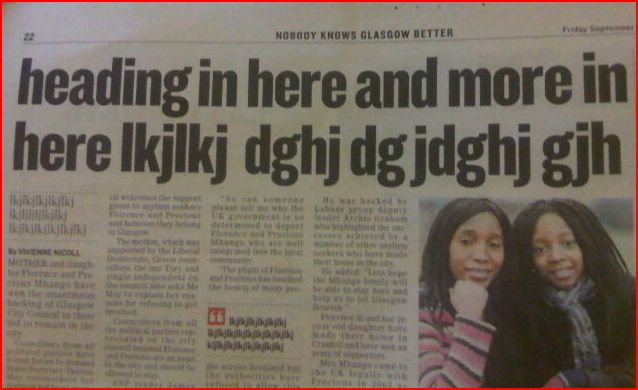At the end of last week Robert Niles wrote an interesting piece on local news beats on the Online Journalism Review. Whether working in print or online, he outlined five areas which he felt should form the core of any local publication.
In summary they are:
- Food
- Education
- Labour
- Business
- Faith
He explains that for greater reader connection, beats must reflect the activities of the average reader’s daily life
The ‘dream’ publication I’m outlining here carries no wire services reports and no syndicated features, either. It’s 100 per cent locally produced and 100 per cent directed at the local community. So don’t think I’m writing about marginal change here. The structure I’m proposing would create a news publication that looks radically different than today’s typical newspaper.
I know that many publishers over the years have found it far more cost-effective to load up their papers and websites with wire copy and syndicated features than to hire local reporters. But with that content available at thousands of other URLs online, every dollar spent on wire or syndicated services is a dollar wasted. If you feel that you need to reference those reports for your readers, link them online or publish the URL in print. As so many others have said before, do what you do best and link to the rest. If you want better performance, you’re not going to get it by doing the same old thing, are you?
